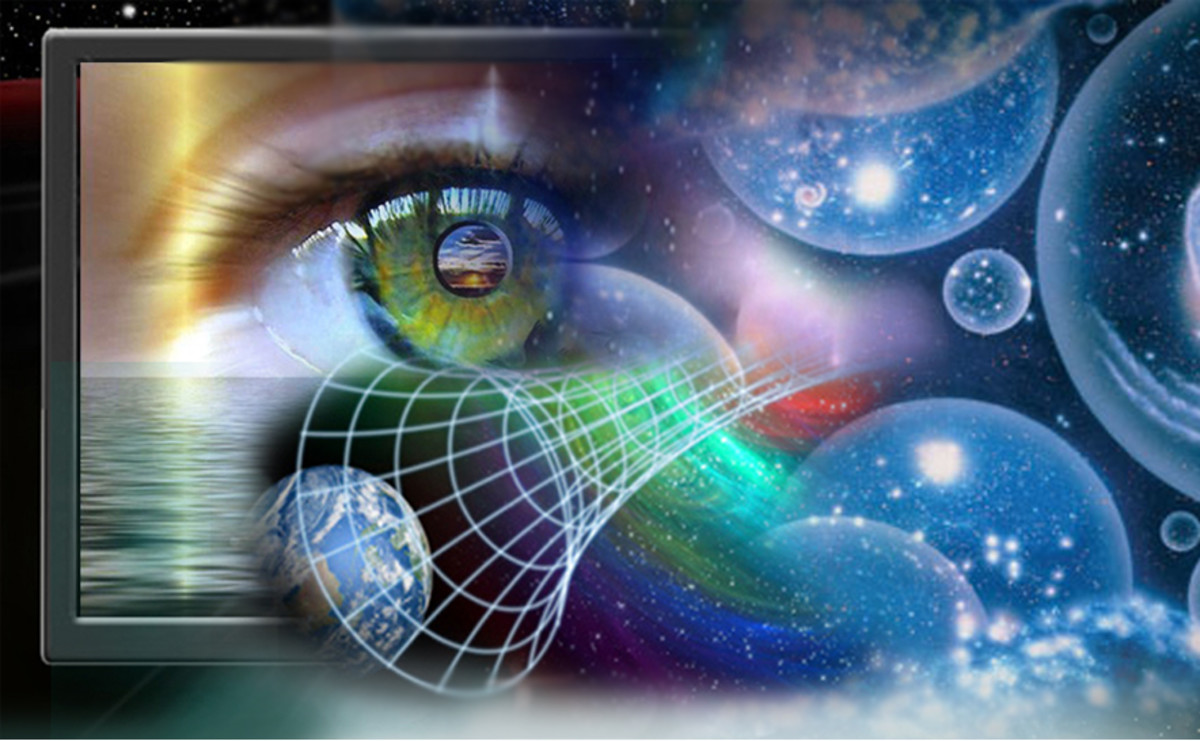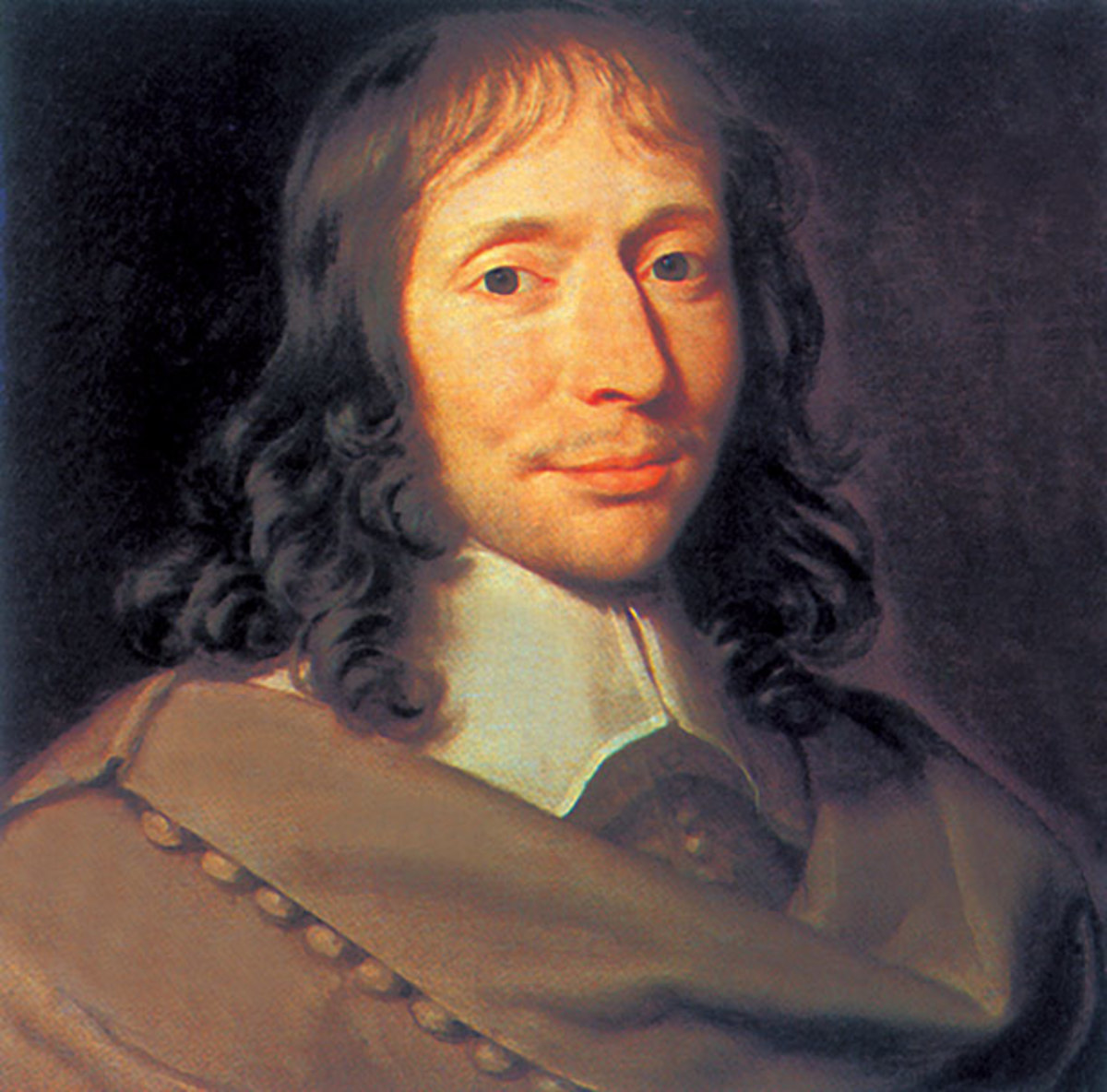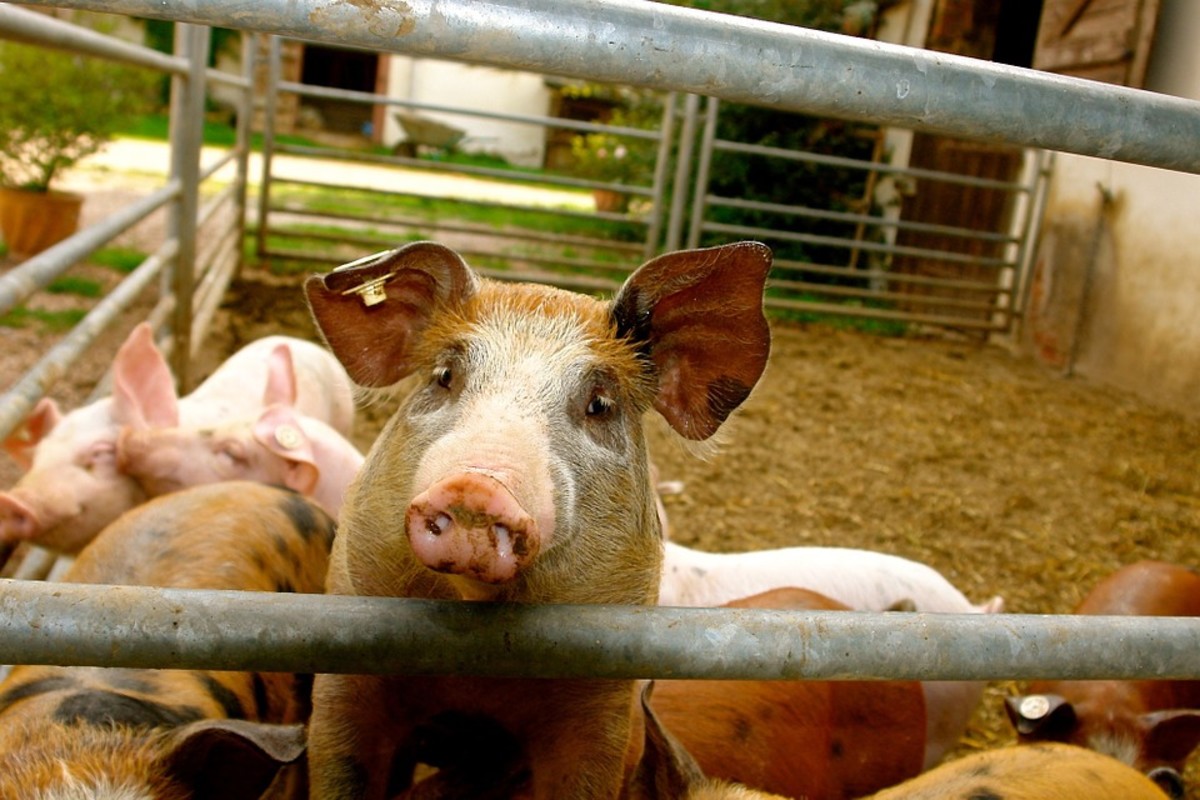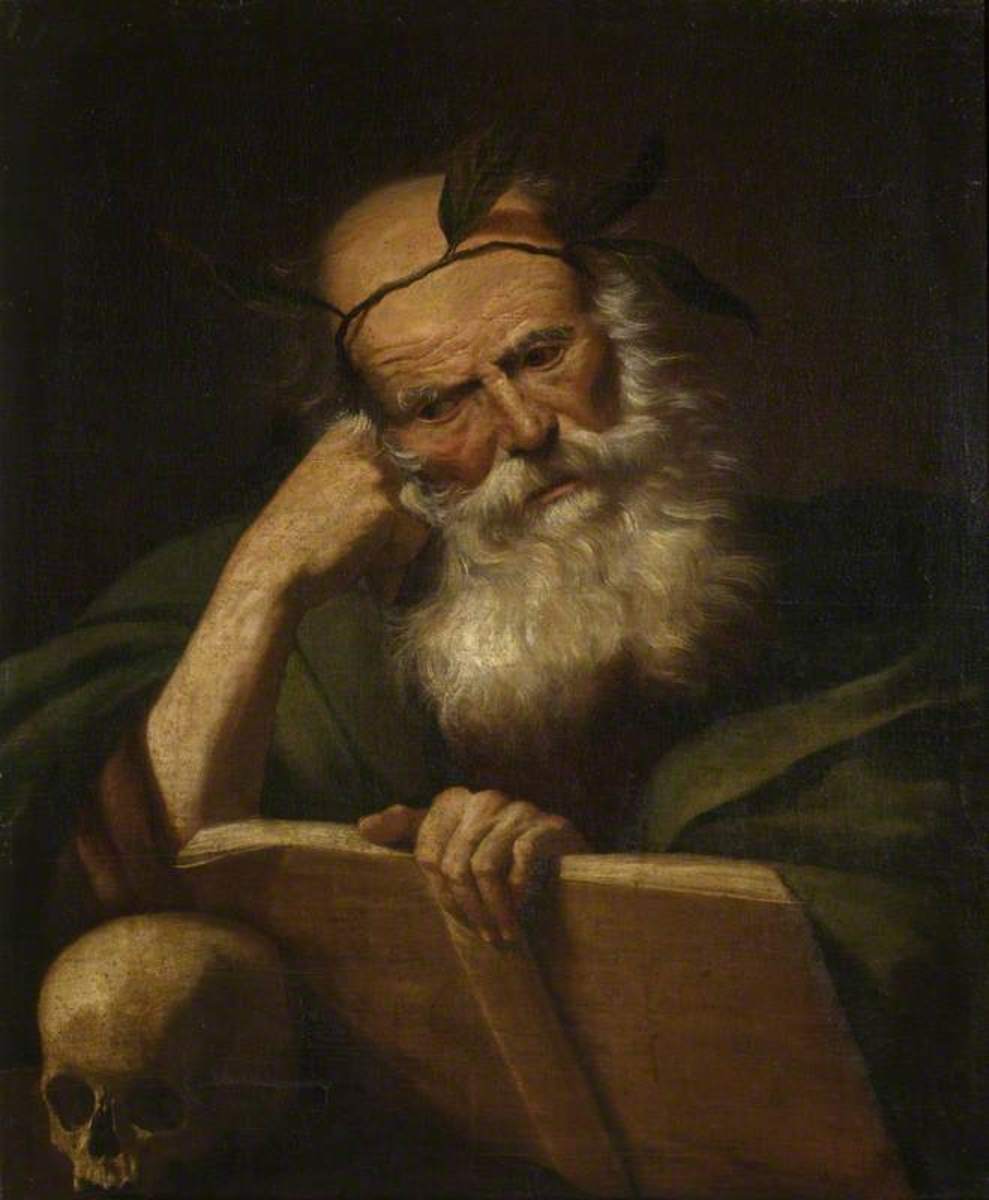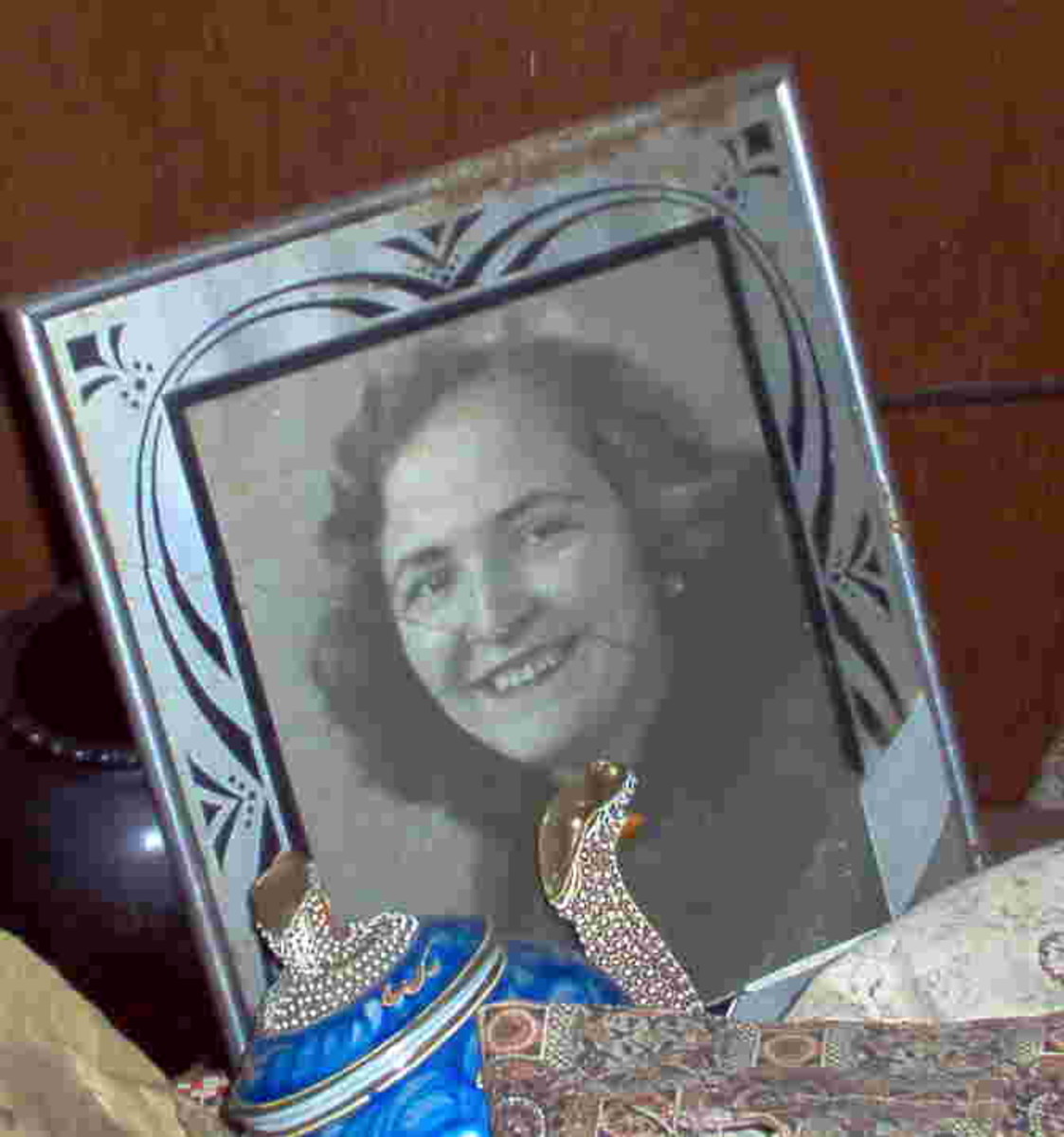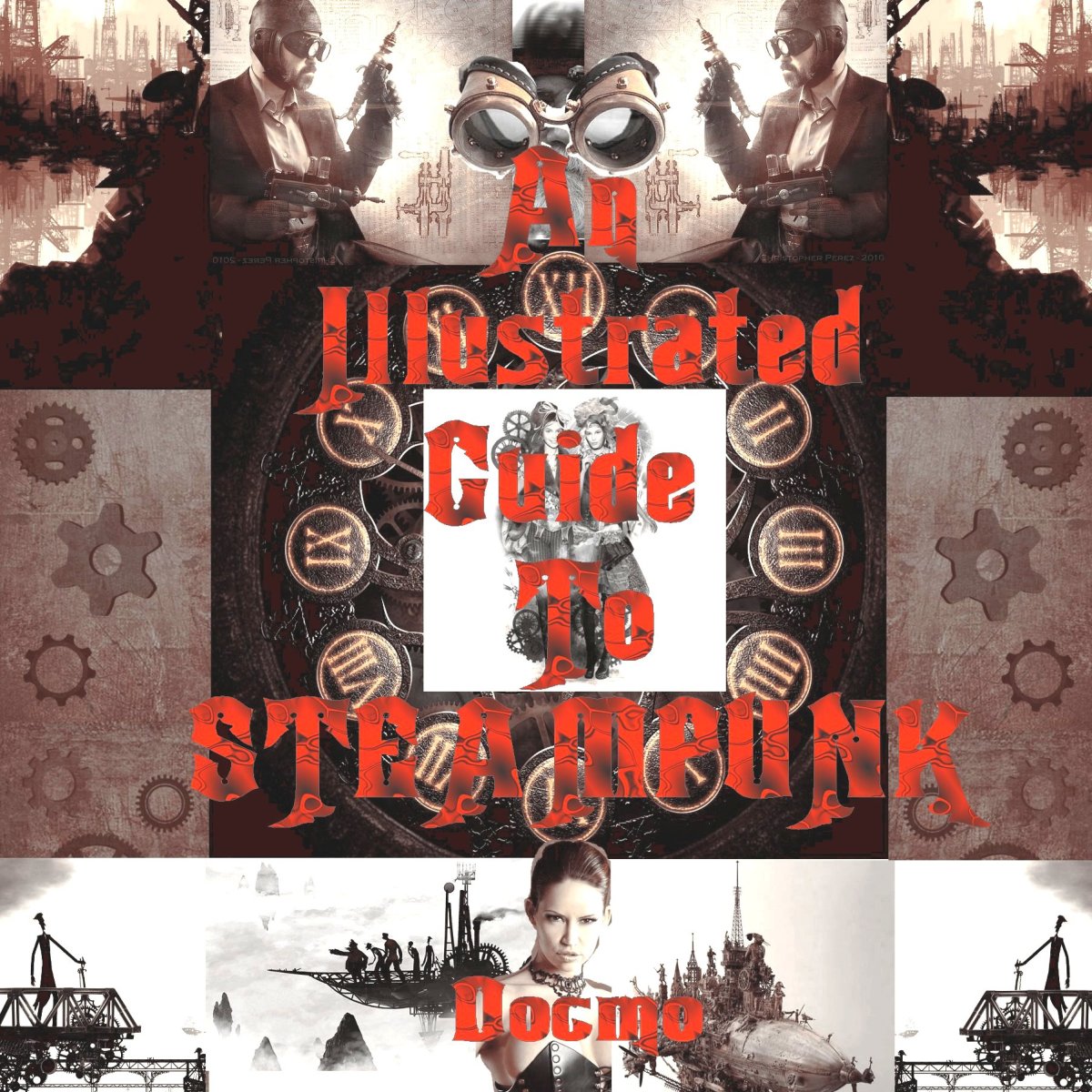- HubPages»
- Books, Literature, and Writing»
- Books & Novels»
- Fiction»
- Science Fiction & Fantasy Books
Altered States in the work of Philip K. Dick
The work of Philip K. Dick concerns itself with the idea of alternate realities and the struggle to identify authentic reality from a fraudulent one and these concerns mirror concerns that have been debated among philosophers for centuries. In his novel, The Man in the High Castle, Dick presents an alternative historical timeline in which the Axis won World War 2 and Japan and Germany are engaged in a cold war. People living within this reality are able to see through it on some occasions implying that an authentic history does exist. In Do Androids Believe in Electric Sheep, Dick presents a world where androids exist and are able to function side by side with humans with a lack of empathy being the primary delineation between the two groups.
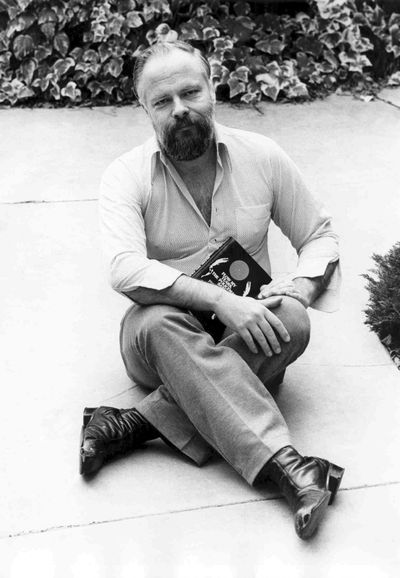
With the former novel we are presented with an interesting set of questions. The reality that the characters inhabit is repeatedly implied to be a false one. Within the novel there is a fictional work, The Grasshopper Lies Heavy, that portrays another reality in which the Allies were victorious during the war but while the novel also implies that this is the actual reality Dick does not intend for this to be taken at face value. The reality that is portrayed in The Grasshopper Lies Heavy varies from the reality that we currently inhabit in many keys ways and by showing this Dick wants us to question our own reality and whether we can determine if it is authentic or not.
This dilemma is not dissimilar to the one that Rene Descartes presents us with in his Meditations on First Philosophy. Descartes wants to address the same question that will obsess Dick as a writer throughout most of his career. That question is whether we can ever know anything for certain. While our senses present us with a reality we have no real reason to trust this reality, Descartes argues. Our senses can be mistaken, or fooled or altered in some way and while this reality may be completely convincing to us at the time it is no less false because we are convinced by it.
Descartes goes on to compare this to the reality of a dream. A dream can seem completely convincing to a dreamer until they are awake and realize that it is a false perception. Descartes does not see why this is not also true of our waking life. Our perceived reality could be “a dream” or some other kind of deception yet we would have no way of knowing this from the inside. We would have to see this reality from the outside, as the waking person sees their dream, in order to evaluate its authenticity.
In the case of the characters in The Man in the High Castle they are indeed given a glimpse of a reality that is outside the one that they have taken for granted. Once glimpsed, they judge the history that they live as false while seeing the other one as more authentic but is this necessarily true? In the case of the realities that are seen in Dick’s novel we see very little that makes one seem more authentic than the other. While in one the allies are winners and this may be seen as the obviously superior outcome in terms of ethical evaluations that does not make it the more authentic reality. Just because we would prefer one reality over another one does not mean that one is more “real” than another.
Descartes comes to the conclusion that the one thing that he can know for certain is that he exists. The fact that he has a mental capacity in which to doubt confirms his existence at the very least as “a thing that doubts.” In this way he can be sure that his mind exists even if he cannot confirm the existence of his own body or that of other minds. If we take Descartes conclusion to be true and we consider that a reality can only be judged as authentic from a perspective outside that reality then we must ask the question, “what makes a false reality false?”
In the case of a dream we can answer that we know our dreaming reality is false because of its inconsistency. While our waking reality has rules and continuity, our dreaming reality does not. When we dream there is no continuity with our previous dreams. Anything can happen in a dream. When we are awake however, the set of rules for what is and is not possible are the same as they were when we were awake previously. With these criteria of comparing an authentic reality with a false reality, we have little to go on when comparing the two realities presented in the novel.
While characters within the novel may judge one reality as more authentic than the other it is puzzling how they are reaching this conclusion. If a person is born in a false reality, spends their entire life in this reality and then dies in this reality never having known or even suspected it was false then what makes this reality inauthentic? In the man in the High Castle, characters that glimpse the other reality seem to find it more authentic simply because it would be preferable. Just because two realities exist does not mean that one is real and the other is false.
In his essay The Matrix as Metaphysics, philosopher David Chalmers examines the idea that is presented in the movie The Matrix of a reality where the characters exist inside a computer program. Chalmers takes the viewpoint that the reality of The Matrix is in fact not inauthentic because it has a consistency. Once the characters find out there are in a computer it changes very little about their reality. Their reality is exactly the same as it always was but a fundamental underlying component of the nature of their reality has now been uncovered.
Chalmers goes on to state that if we found out that our universe was in fact a computer simulation and that what we think of as the laws of physics are controlled by a program code then that changes nothing we already know. We just now have some new information about the nature of our reality not information that in anyway alters our reality or makes it less authentic. He compares The Matrix to another film, The Truman Show, where the protagonist is unknowingly living his life in a reality television show. In the case of The Truman Show many things that the main character believes to be true are false and his reality is fundamentally altered. In the case of Neo in the The Matrix nothing has really changed but he has learned something new.
Chalmers ignores a number of points about the plot of The Matrix, most notably that the program is controlled by malignant computers, but while The Matrix is a philosophically muddled work of cinema Chalmers point has some validity. Even though Neo now has the choice of living mentally within The Matrix or with his body outside it, we still see no reason to consider one reality authentic and the other false. In one Neo inhabits a physical body and the other he inhabits a computer body but since Descartes insists that conscious thought is the only thing we can know for certain this is hardly a good criteria for judging a reality as authentic.
In the case of The Man in the High Castle, simply knowing that these other realities exist does not say anything about whether they are real or fraudulent. Even if the characters had the ability to see hundreds of possible realities and to travel between them judging one as more authentic than another seems impossible. If one were to choose living in a reality over another, this would only indicate an ability to express a preference. Perhaps I like the political situation in another reality. Perhaps I think another reality is culturally superior to another. Even though these are valid criteria for choosing which reality I would prefer, it says nothing about what is authentic.
In Do Androids Dream of Electric Sheep? Dick asks another question. He wants to examine what it means to be authentically human. The novel looks forward at the issue of artificial intelligence. The philosopher Immanuel Kant argued that what makes humans free and worthy of being considered moral agents was the ability to reason. While the androids in Dick’s novel seem to be able to make decisions and reason on the same level as human beings they are missing an essential component of human interaction, the ability to feel empathy.
There is little denying that as social animals human development of empathy helped the species form the complex social interactions that we now have. In Dick’s world, man’s relation with his environment is altered. Nature has been ravaged and most animal species are so endangered that having a live animal is considered a major status symbol. Humans instead have electric animals and treat them as if they are real. The reasoning for doing this is to try and establish an emotional connection. In such a coldly dehumanized world the characters struggle to find reasons to feel confident in their humanity.
In this way the human shift from reason as a defining characteristic is reflective of the human need to feel that we are unique. Our uniqueness makes us feel “authentic” and it is important for human beings not to lose this. Reason fit as the major criteria for considering someone authentically human when we were trying to delineate ourselves from the animals. In Dick’s world machines now have capacity for reason that matches our own and we have made a complete turn in trying to embrace our unique humanity. Instead of concentrating on what makes us different from animals, we concentrate on what we can share with them and while animals do not have the level of empathy that humans do they are able to receive our affections and give some in return.
This is a strange thing when you think about it. Human beings have rejected reason as a fundamental criterion simply because we would have to share it. It is even strongly implied in the novel that androids may be able to evolve the ability to feel empathy if they are allowed to. This is probably even more horrifying to the humans. Ironically, in their effort to try and prove their essential humanity the humans in the novel are rejecting it. Even though the androids may be able to act as moral agents the humans continue to treat them as if they are simply “things” to be disposed of.
With this observation Dick is forcing us to face what may be a tough truth for us to deal with. He is suggesting that what makes us human isn’t what we are it is how we act. When we treat other beings that have the capacity to reason and feel as if they are less than us then we display a lack of the two traits that we most consider to be essentially human. In this way a robot could be “more human than human”.
It is interesting to note that both novels contain a subtext of criticism against the inhumanity of human beings. In the case of The Man in the High Castle the themes of anti-Semitism and racial attitudes between the American and Japanese underscore that this is a world were basic human rights have not taken hold. There is an attitude of superiority based on arbitrary distinctions that are held by many of the characters and Dick sees this as a weakness of human nature that affects our ability to function as free and moral beings.
In the latter novel we see an even more obvious portrayal of this theme. The hunting of the androids does not seem dissimilar from McCarthyism or the hunting down of Jews by the Nazis. These parallels seem intentional. When one character is suspected of being an android even he does not know the truth and makes a case for his ability to feel empathy. Most of the androids seem to be able to blend well into society and only are hostile when they are attacked. Dick wants us to examine the differences between us and them and wonder if they are ultimately as arbitrary as racial and cultural distinctions. What is our claim for authenticity when we can deny basic rights to beings so similar to us?
- War Is A Racket. Philip K Dick, Valis and the Psychopathology of War
This, to me, is the ultimately heroic trait of ordinary people; they say no to the tyrant and they calmly take the consequences of this resistance....


